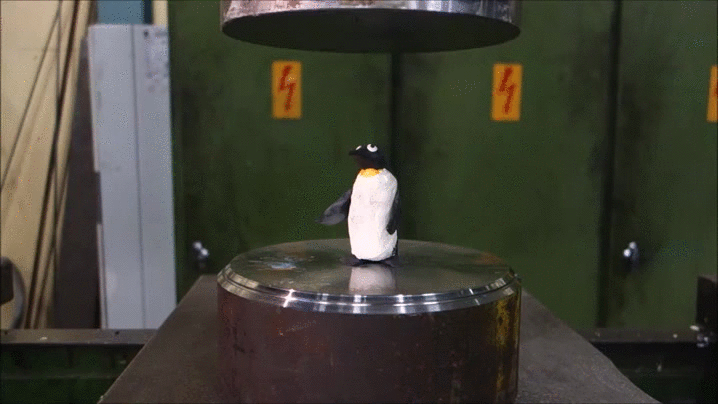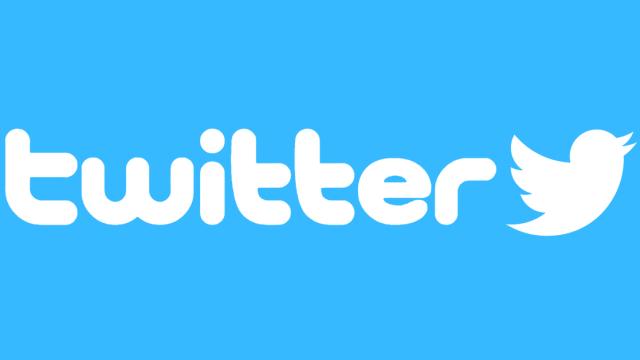Twitter announced a bunch of changes to its service today. Some are useful, some are terrible. If the past informs the present, there will be a lot of hand-wringing before people reluctantly continue using a useful service that’s often misunderstood by the company that created it.
Many of the changes outlined by Twitter today are meant to expand how much you can say in a single tweet without expanding beyond the 140 character limit that’s defined Twitter since it launched back in 2006.
- Usernames no longer count against the character limit when replying.
- Photos, GIFs, videos, polls and quoted tweets no longer count against the character limit. There’s one important caveat: links will count.
- It’s now possible to retweet your own tweets and replies.
- Twitter wants people to ditch the “.@username” shortcut to broadcast a reply to everyone. Now, you’d retweet that reply.
There’s an important point about the last one, which has caused great amounts of confusion, thanks to Twitter’s confusing wording on how it works. Right now, if you reply to someone on Twitter, that reply is listed in other people’s timelines if they follow both you and the person you’re following. If you don’t follow one or the other, the reply doesn’t show up.
This new rule doesn’t change that; it’s Twitter trying to encourage people to retweet replies to make them public, rather than use “.@username”.
If you start a new tweet — not a reply! — with a username, that’s public, by default. So if you want to keep replies semi-private, make them as a reply.
It’s confusing, yes, but ultimately a good change for the service.
One of the changes that’s not outlined in Twitter’s official post, but was buried in a BuzzFeed article, is that it’s now possible to spam up to 50 usernames when replying on Twitter. Campo Santo designer Chris Remo has accurately summarised my reaction to this change: “Oh god. Oh my god. Oh no. No no no. Please no. Oh god oh god oh god oh god oh god.”

This is what my Twitter mentions are going to turn into.
It’s already incredibly easy for people to bug you on Twitter; the service encourages this sort of behaviour, as a public social network. Granted, my reaction, as someone with more than 150,000 followers, is a different one. Those with only a handful of followers that use Twitter to keep track of news and other goings-on probably aren’t dealing with this. (Bless you.)
More to the point, Twitter has an awful track record with mitigating harassment on its service; it’s still a dangerous and uncomfortable place for large swaths of minority groups. This change seems to give Twitter’s worst some useful tools to make it easier to harass users simultaneously.
USERS: we love twitter but it has problems
TWITTER: great we’ll fix them
USERS: do you want to know what they are
TWITTER: absolutely not— actioncookbook (@actioncookbook) January 5, 2016
Twitter’s always scaled poorly, and that’s still true. The more people you interact with, the more who follow you, the worse your experience is. Twitter’s desire to make conversation “easier” is often misguided, with unintended consequences that make using Twitter an upsetting slog.
And yet, Twitter is invaluable to my daily life. I’ve met and interacted with people who are now my lifelong friends. I’ve learned about and from the disparate life experiences in ways that have benefited my own. I’ve been able to cultivate a robust, interesting community of followers that I can take with me, regardless of where my work is published. I’ve had challenging, enlightening conversations that shifted my worldview.
That’s why Twitter is amazing, and it has precious little to do with squeezing in more characters.
It’s always felt like Twitter doesn’t know what to do with its service. That hasn’t changed, and like most people, I’ll continue to grumble about the stuff I don’t like. And where will I grumble about it? Twitter, of course.

Comments
3 responses to “Twitter’s Controversial New Changes Are Mostly Good”
Did Twitter ‘finalise’ going public or not? I can’t quite remember if the IPO started up or investors largely ignored buying stock in that social media platform.
I need to go do some reading.
Nah, I think these new changes are all for the better.
But when are they going to ban people for using #swag and #yolo?